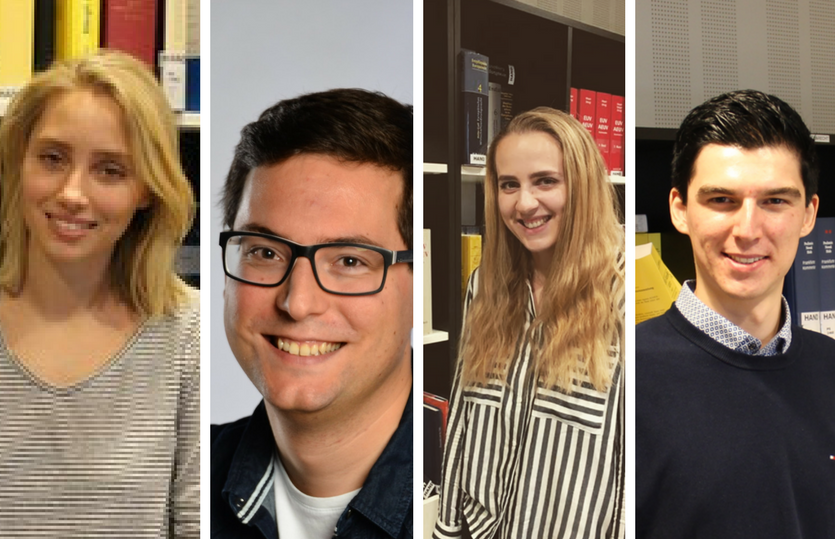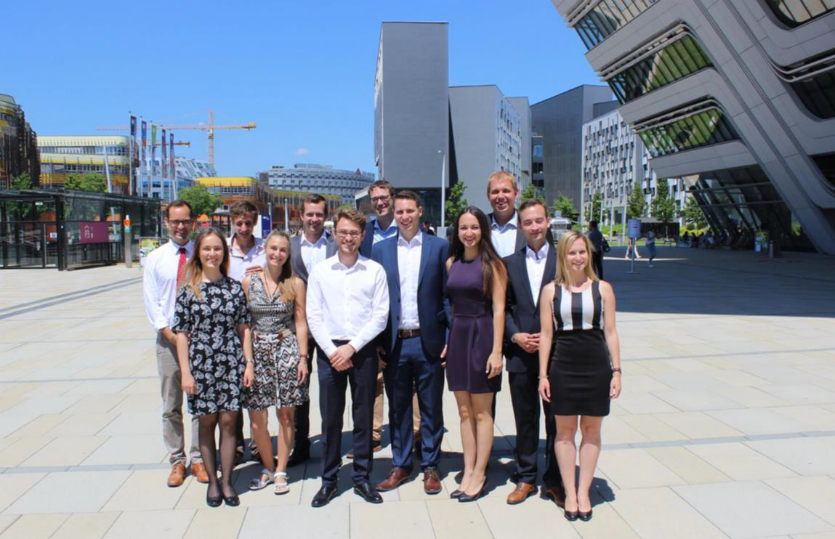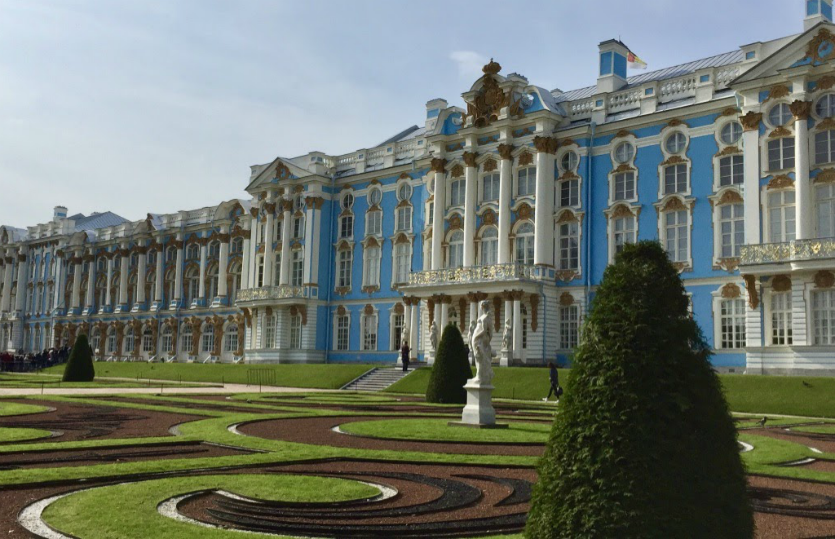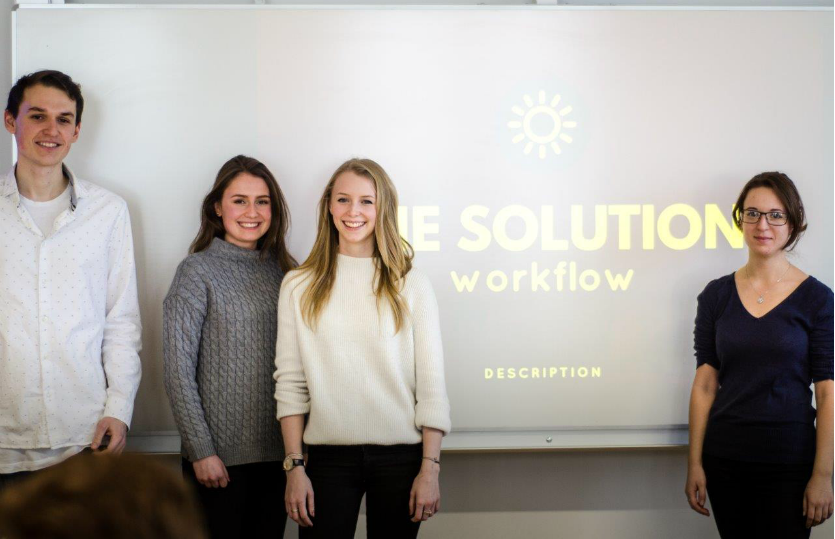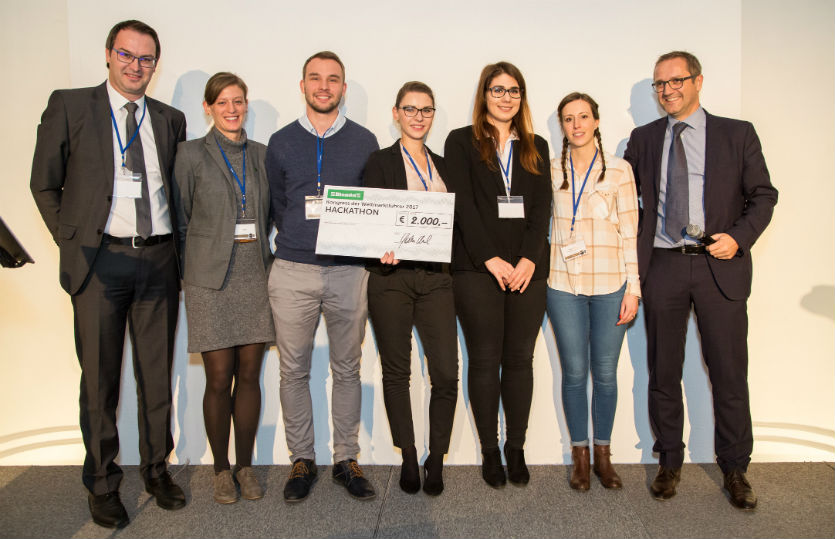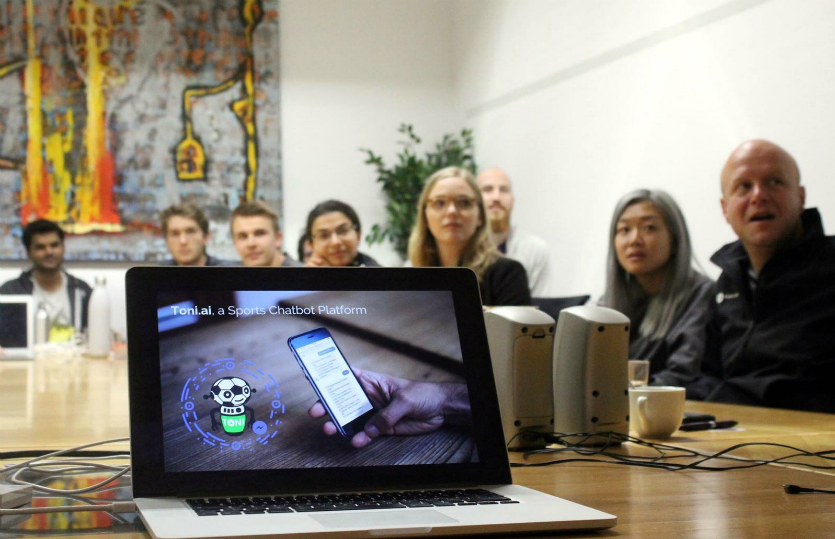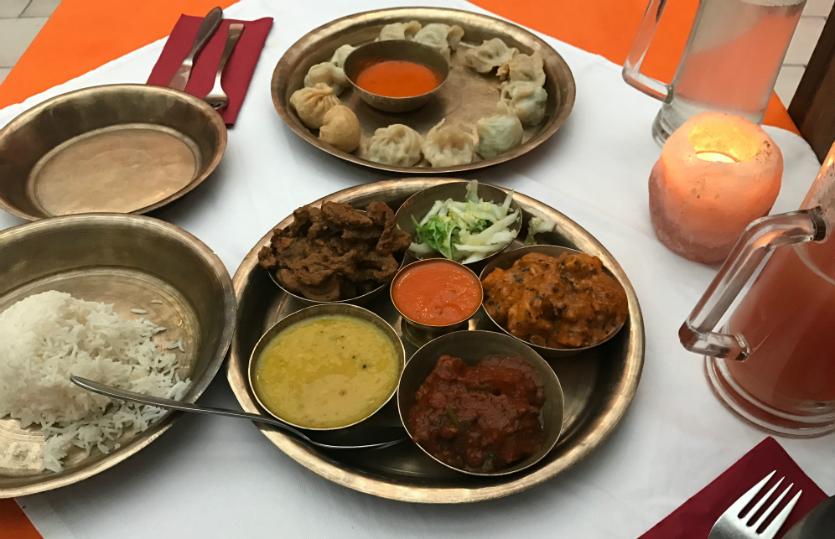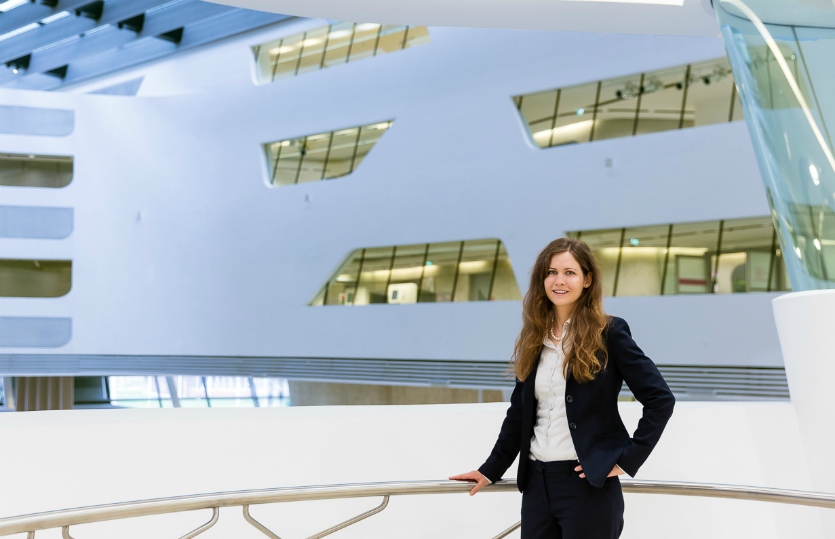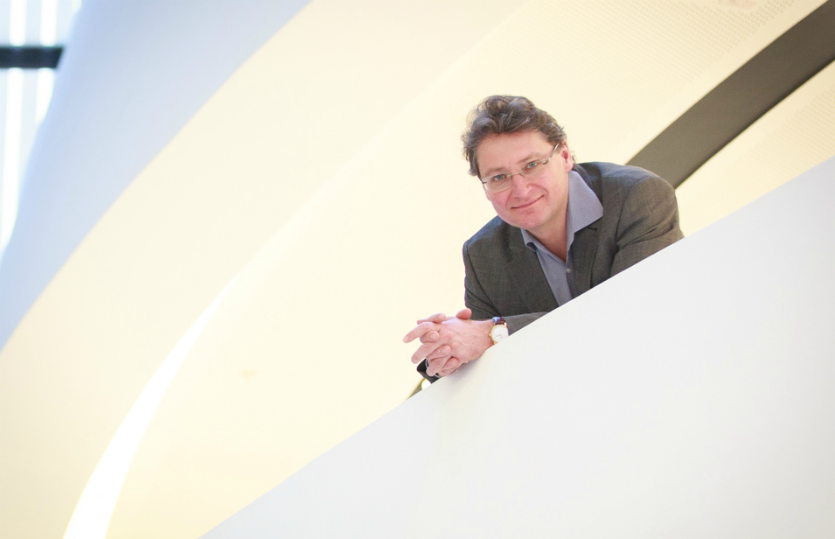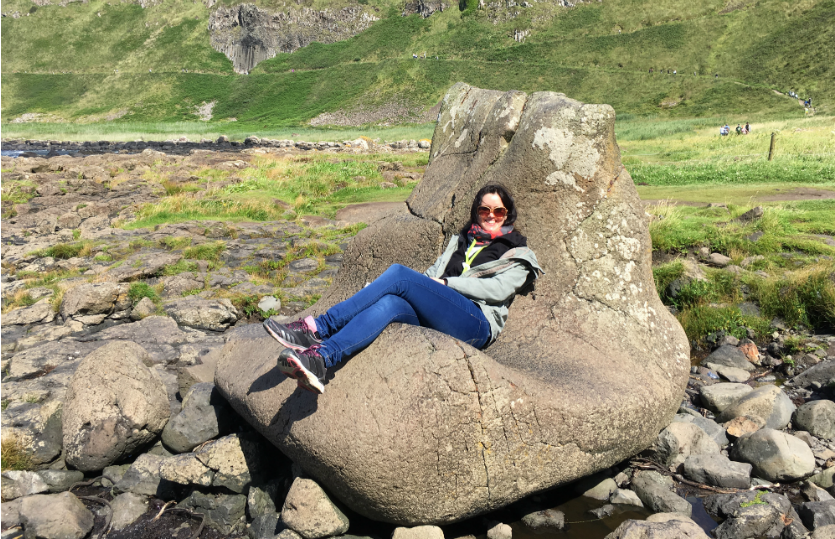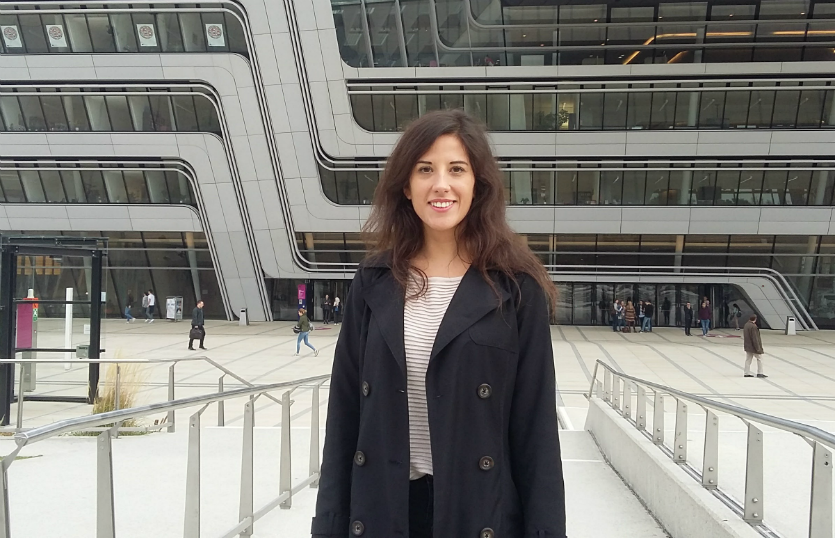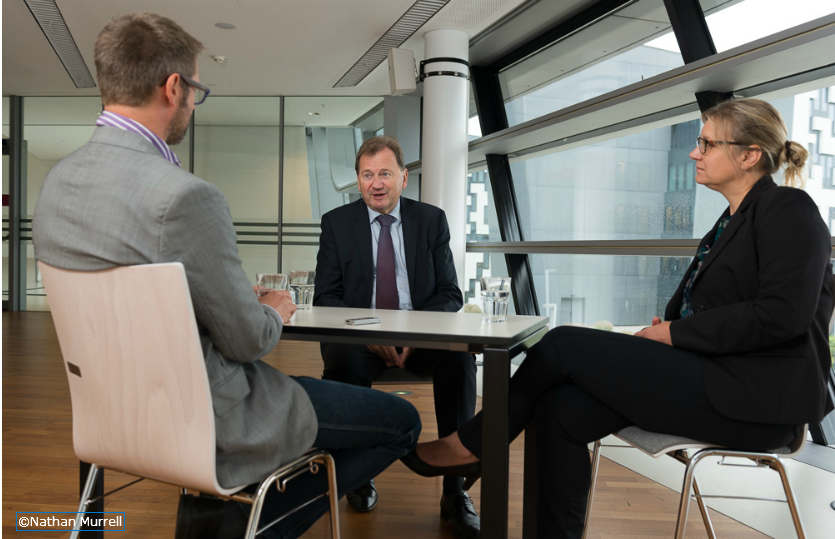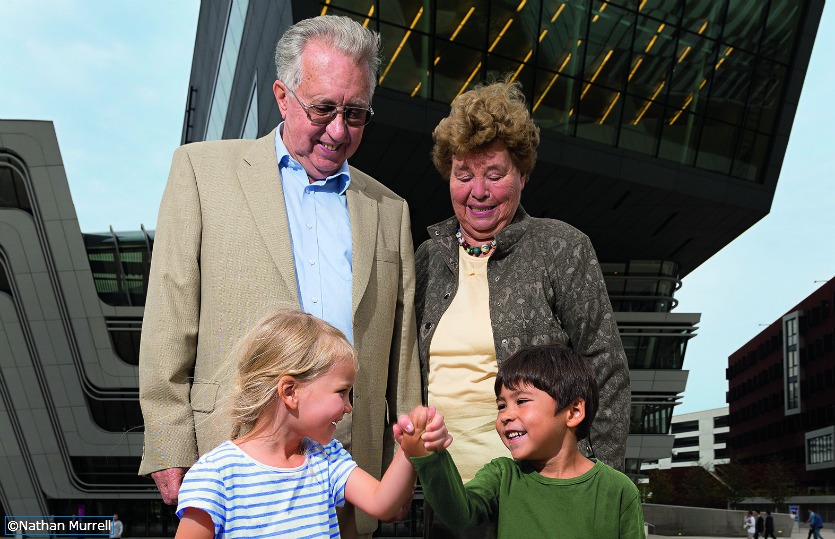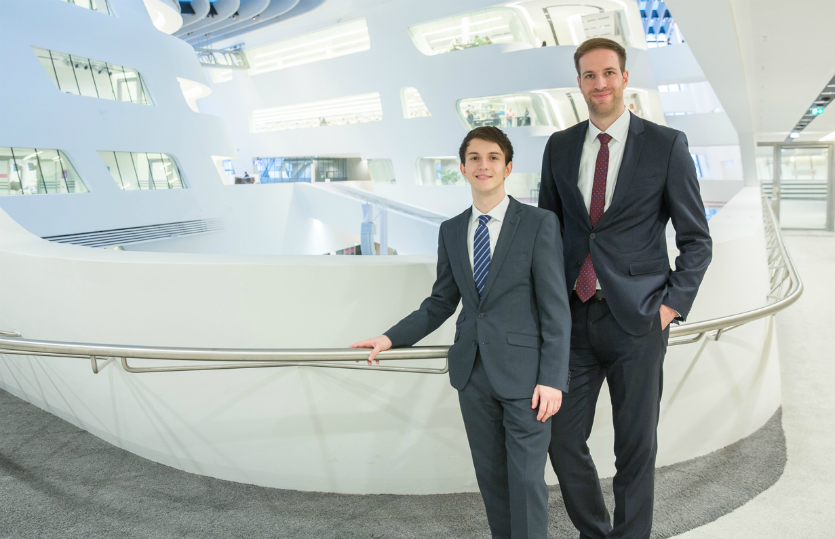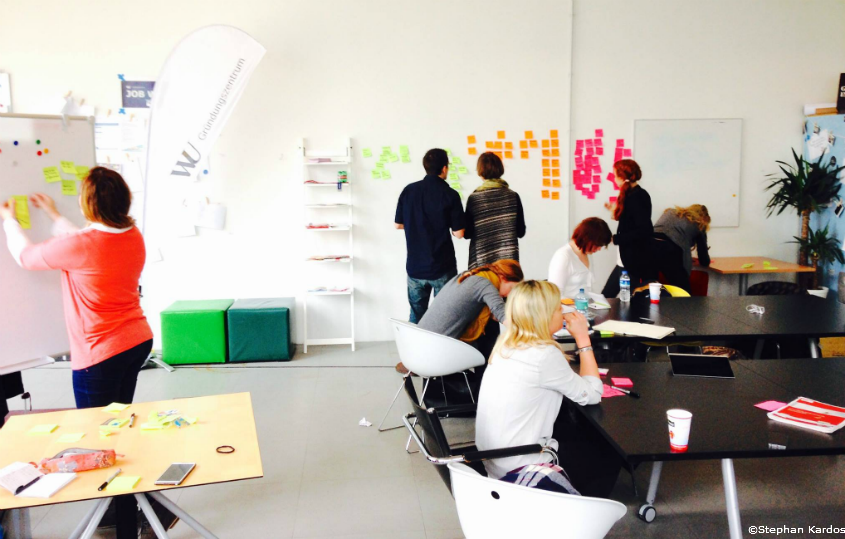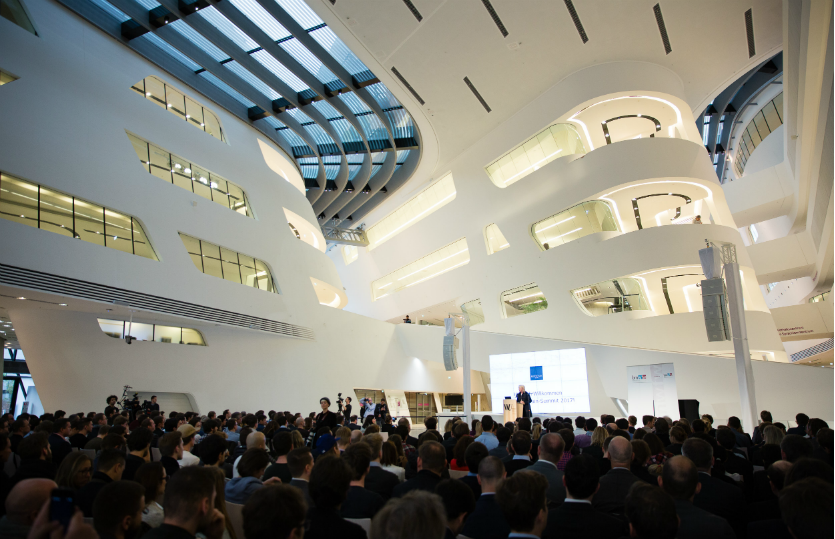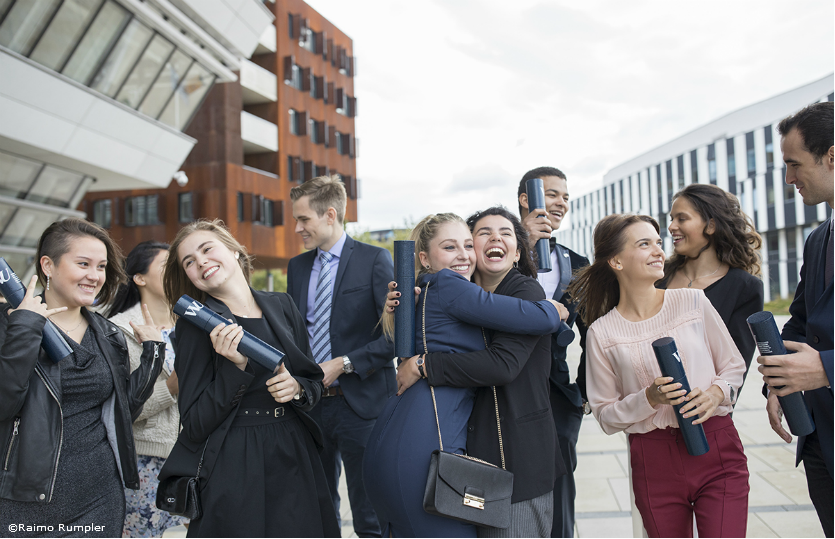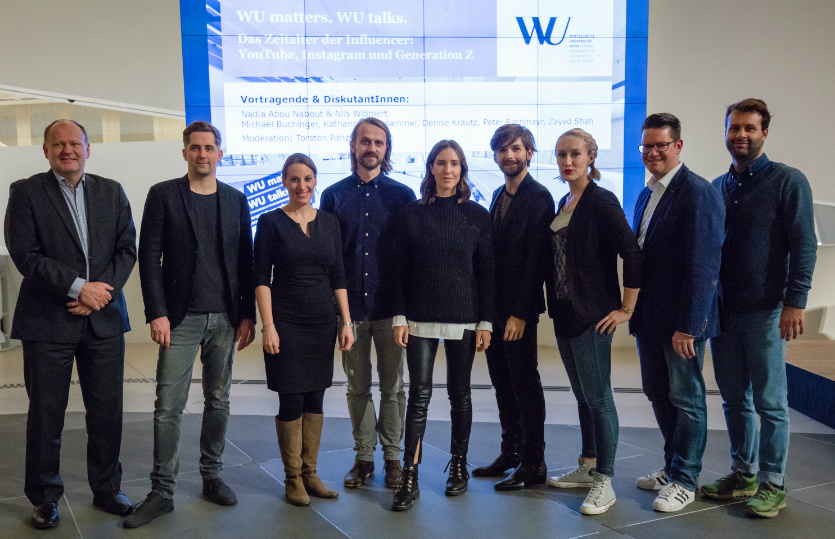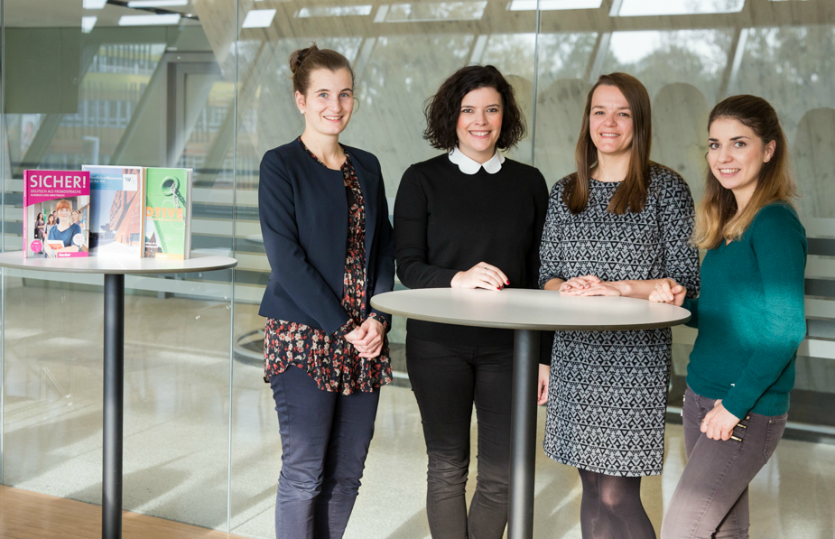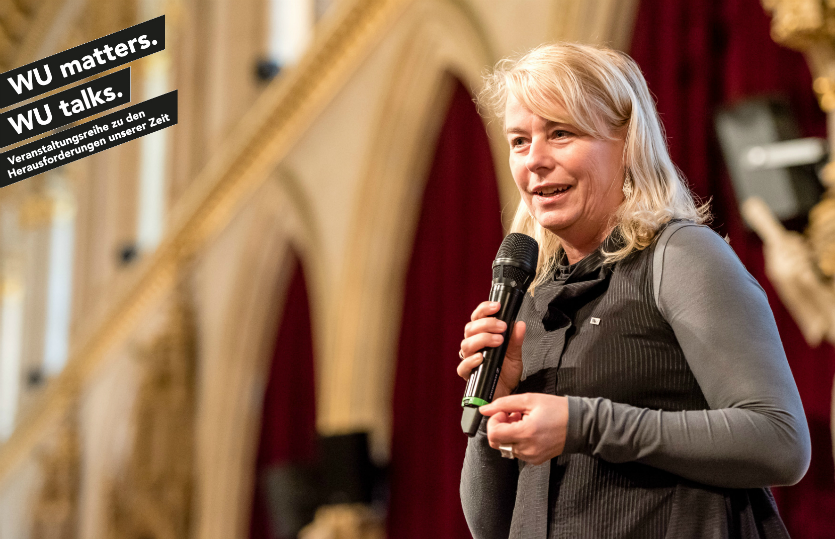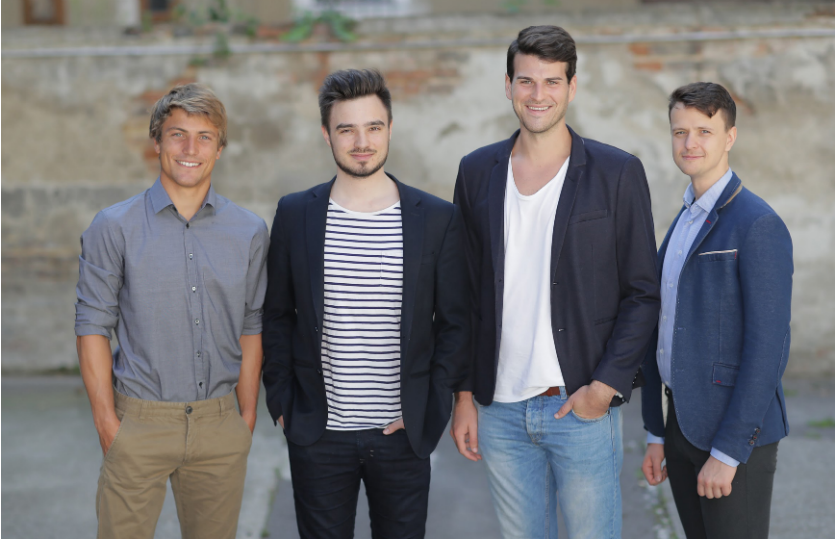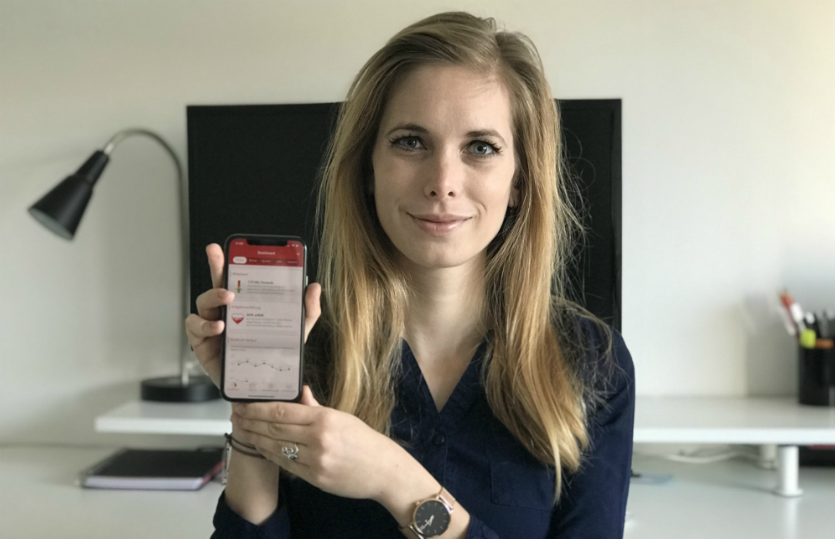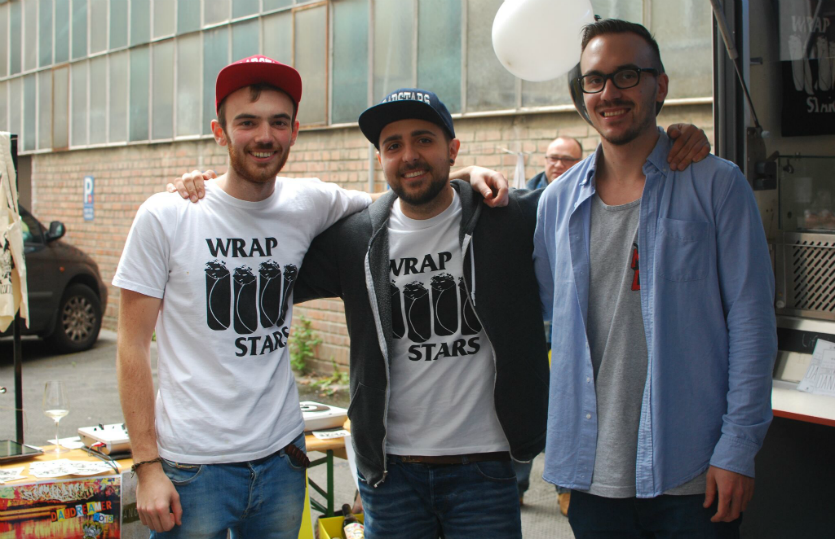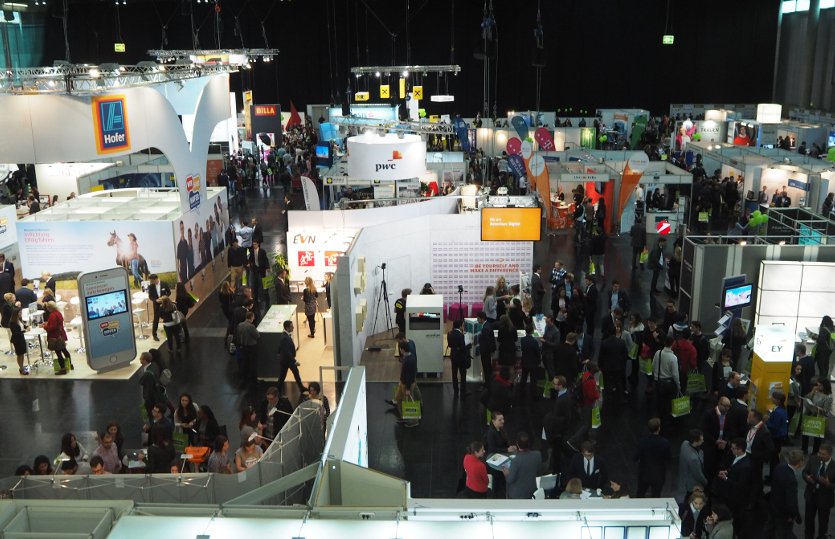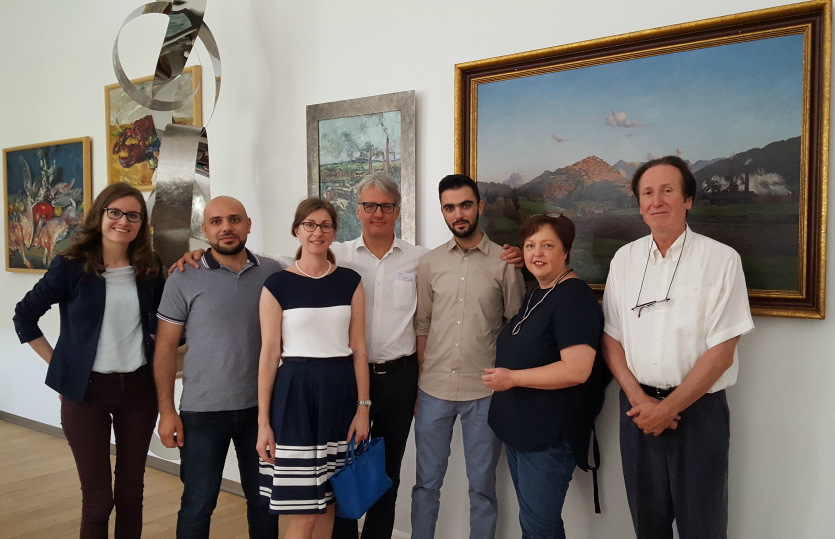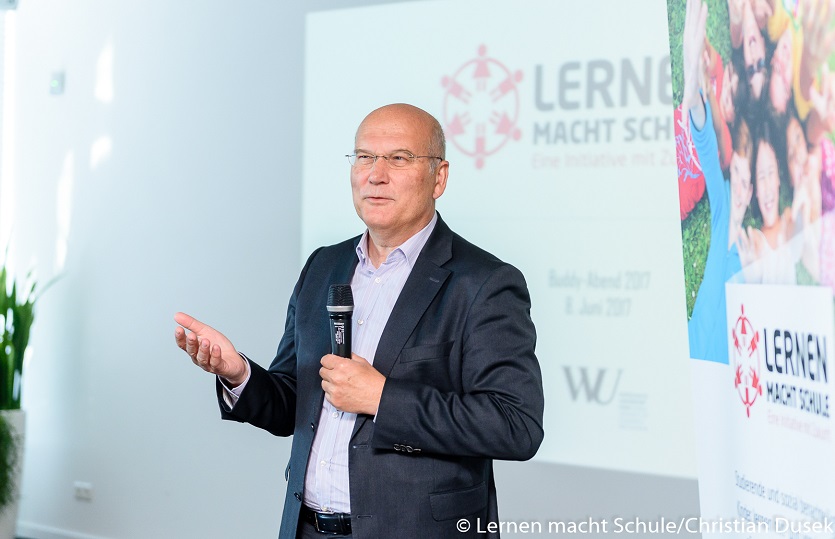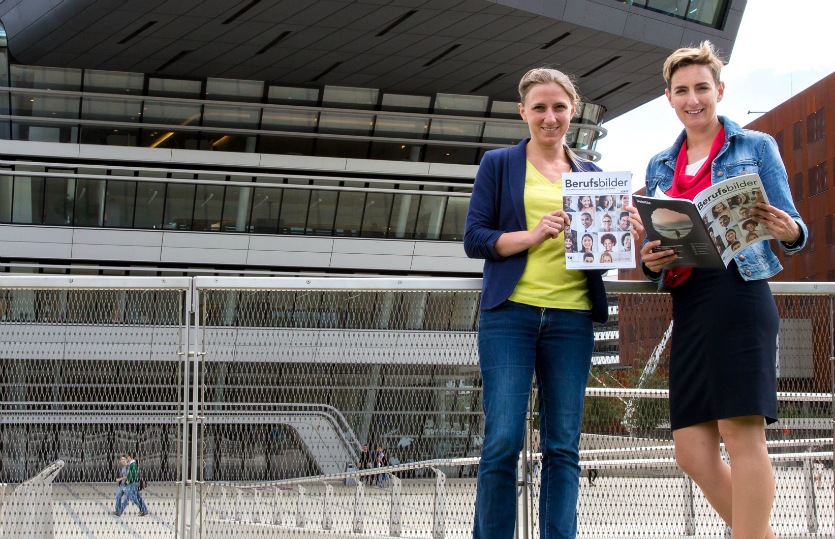#ResponsibilityWeek WU’s contributions to responsibility and sustainability
WU sees itself as a responsible university and is an active citizen. In teaching, research, university management and Third Mission, sustainability and responsibility play a crucial role. WU’s Competence Center for Sustainability is a networking platform as well as a service provider for WU’s internal and external stakeholders. The center supports people and processes contributing to sustainability. This includes faculty, administrative staff, and of course students. Two examples for WU’s commitment for sustainability are our engagement in the Alliance of Sustainable Universities in Austria and the manifold events we organize in order to contribute to the scientific and societal discourse on sustainability issues.
WU is an active member of the Alliance of Sustainable Universities in Austria. This alliance was founded in 2012 as an informal network that aims at promoting sustainability issues in Austrian universities and thus to contribute to a sustainable society. Currently eleven Austrian universities are members of this network. Through its common appearance, the Alliance strengthens sustainability issues and provides added motivation to its members to integrate sustainability at their institutions and adds support to their efforts. The main objectives of the alliance are to exchange good and best practice-experiences and to start joint activities in fields such as research, teaching, operations, and Third Mission.
Sustainability Strategies
A main success of the Alliance was that each participating university committed itself to developing a sustainability strategy. This aim was defined in the performance agreements for 2013 to 2015 that each university negotiates with the Austrian ministry for science, research and economy. These strategies include specific objectives and measures to promote sustainability. Working groups of the alliance work on various issues related to sustainability at universities, for example CO2-reduction, sustainable mobility, education for sustainable development, sustainable procurement, sustainability entrepreneurship, and environmental management.
Currently, the alliance is, in cooperation with the Austrian ministry for science, research and economy, setting up a project on the relevance of the United Nations’ Sustainable Development Goals (SDGs) for universities. The purpose is to coordinate and strengthen the contribution of universities to fulfill Austria’s commitment to the SDGs. The SDGs are also part of other activities of WU, among which the many events on responsibility and sustainability topics that are taking place at WU. For example, WU organized, along with the student organization oikos, a conference on the SDGs, including contributions of key actors of the Austrian discourse on the SDGs.
Events and event series organized by the Competence Center for Sustainabilty are a major contribution of WU to debates on sustainability and responsibility. The flagship series is “WU-SustainabilityControversies” (WU-NachhaltigkeitsKontroversen) which has attracted nearly 2500 guests so far. The name of this series of discussions reflects what it is all about: It aims to add controversy to the public debate about sustainability, which can be unproductive and boring at times. Many international renowned speakers have appeared in this series, including Eva Horn, Beate Littig, Robert Pfaller, Timothy Snyder, and Harald Welzer. Topics covered so far include the sharing economy, participation, post-growth issues, sustainable work and the relevance of history for discourses about the future.
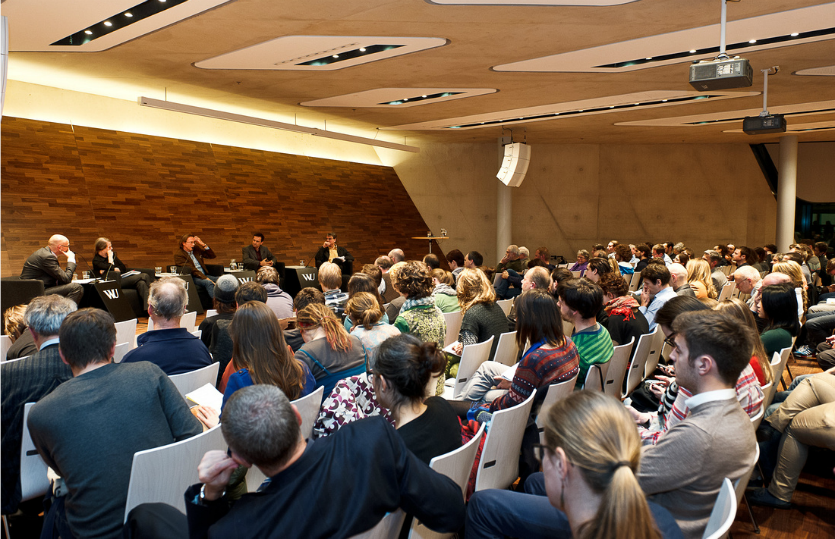
Deep Drillings
The series of talks named “Deep Drillings” (“Tiefenbohrungen: Wirtschaft anders denken”) aims to address key economic issues and approaches to far-reaching, critical scrutiny. It is one of the main goals of the series to put the limelight on non-mainstream discourses and developments in economics and business. It also intends to show that economic phenomena and their study do not exist in a vacuum, but are deeply embedded into a social and normative context. The series is organized jointly by the WU Competence Center for Sustainability, the Catholic Social Academy of Austria (ksoe), the Corporate Responsibility Interface Center (CRIC), and the Institute of Christian Philosophy of the University of Vienna.
It takes a critical look at the classics of economics and certain economic issues and seeks to explore their full scope and implications. As far as the contribution of economists is concerned, the series sets out to put their positions, theories, and arguments in a broader context. It intends to spark a discussion of the views of the human being and society that underlie the assumptions and theories relevant in economic discourses. Topics covered in this series include the work of Mill, Marx, Schumpeter, Keynes, and Hayek as well as economic ethics and feminist economics.
